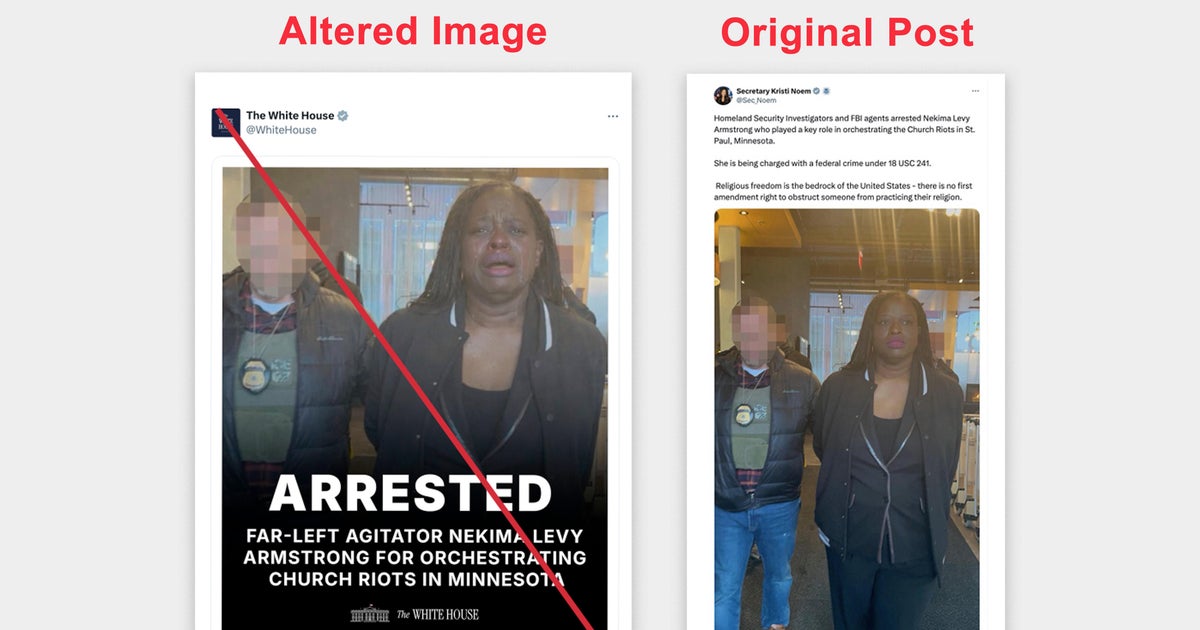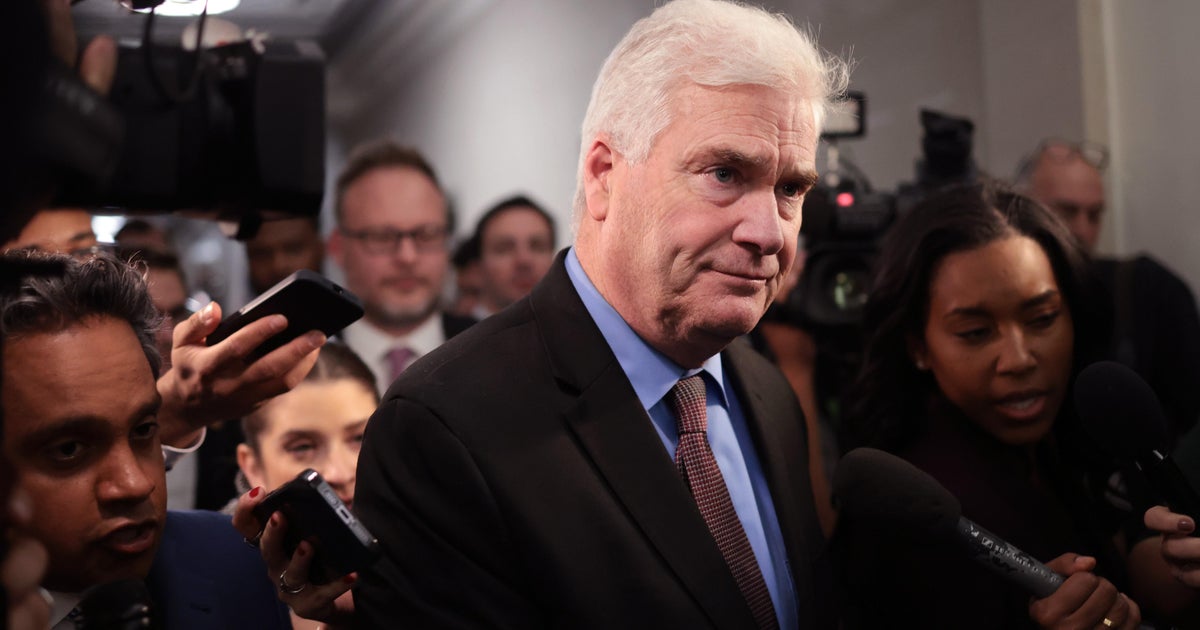Tom Marino out as Trump's drug czar nominee after "60 Minutes"/Washington Post report
President Trump announced Tuesday that his nominee for drug czar, Rep. Tom Marino, has withdrawn his name from consideration for the position.
"Rep.Tom Marino has informed me that he is withdrawing his name from consideration as drug czar," Mr. Trump said on Twitter. "Tom is a fine man and a great Congressman!"
The announcement came following a joint investigation by CBS' "60 Minutes" and The Washington Post on the opioid crisis.
The report found that Congress helped disarm the Drug Enforcement Administration during the height of the crisis. Marino, R-Pennsylvania, was the chief advocate for the 2016 bill at the center of the investigation.
The bill weakened the DEA's control over opioid drug distributors.
Later Tuesday morning, Mr. Trump told Fox News Radio that Marino wanted to avoid the perception of a conflict of interest with drug and insurance companies.
"There was a couple of articles having to do with him and drug companies," Mr. Trump said. "And I will tell you he felt compelled. He feels strong about the opioid problem and the drug problem, which is a worldwide problem, it's a problem that we have. And Tom Marino said, 'I'll take a pass, I have no choice, I'll really take a pass, I want to do it.' He was very gracious, I have to say that."
Minutes after Mr. Trump sent his tweet Tuesday, Vice President Mike Pence spoke about Marino's withdrawal in a radio interview.
"We think very highly of Congressman Marino and respect his decision to withdraw," Pence told WMAL radio.
West Virginia Sen. Joe Manchin, who led Democrats on Monday in voicing opposition against Marino's nomination, hailed Tuesday's announcement.
"Thanks for recognizing we need a drug czar who has seen the devastating effects of the problem," Manchin said in a tweet to the president.
On Monday, Mr. Trump said during an impromptu press conference in the White House Rose Garden that he would "make a change" if he decided the bill Marino sponsored was "negative."
"If I think it's 1 percent negative to doing what we want to do, I will make a change," Mr. Trump told CBS News chief White House correspondent Major Garrett.
The president said Monday that he hadn't spoken to Marino about Sunday's report.
"He's a good man," Mr. Trump said. "I have not spoken to him, but I will speak to him, and I'll make that determination."
Marino's nomination was pending before the Senate Judiciary Committee, but no confirmation hearing for him had been scheduled, CBS News Radio White House correspondent Steven Portnoy reports. Mr. Trump sent up the nomination in early September.
A staffer for Sen. Chuck Grassley, R-Iowa and the committee's chairman, told Portnoy on Monday that Marino had yet to submit the questionnaire given to him by the committee, and as a result a hearing hadn't been scheduled.
Lawmakers were struggling Monday to figure out how they unwittingly passed a bill weakening the DEA, CBS News chief congressional correspondent Nancy Cordes reports.
The one-and-a-half-year-old law makes it harder for drug enforcement officers to block suspicious shipments of opiates that can flood the black market and fuel addiction.
"There should have been a giant flashing red light," Missouri Sen. Claire McCaskill told Cordes.
She introduced a bill Monday to repeal the law.
"I think it was fairly clear some of them were trying to work with the drug companies," McCaskill said.
But Utah Republican Sen. Orrin Hatch defended the law and his role in writing it.
"Anyone who claims that I or anyone else steamrolled DEA and DOJ on this bill is either ignorant or woefully misinformed," Hatch said on the Senate floor.
And other sponsors said they got mixed messages from law enforcement.
Rep. Judy Chu, D-California, said when she met with the acting head of the DEA he "insisted that the bill would not negatively impact their work."
CBS News' Gabrielle Ake and Jillian Hughes contributed to this story.





